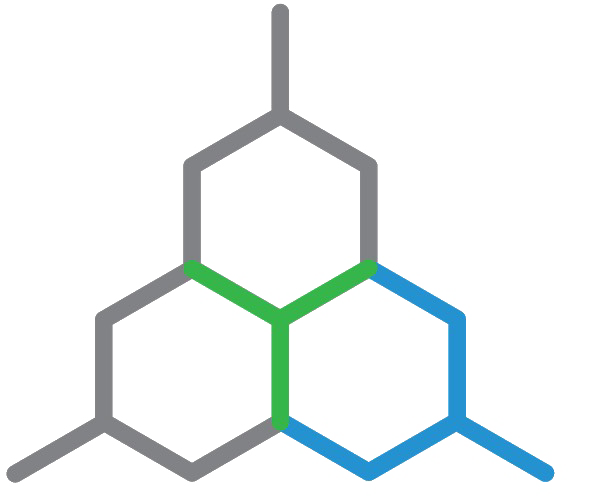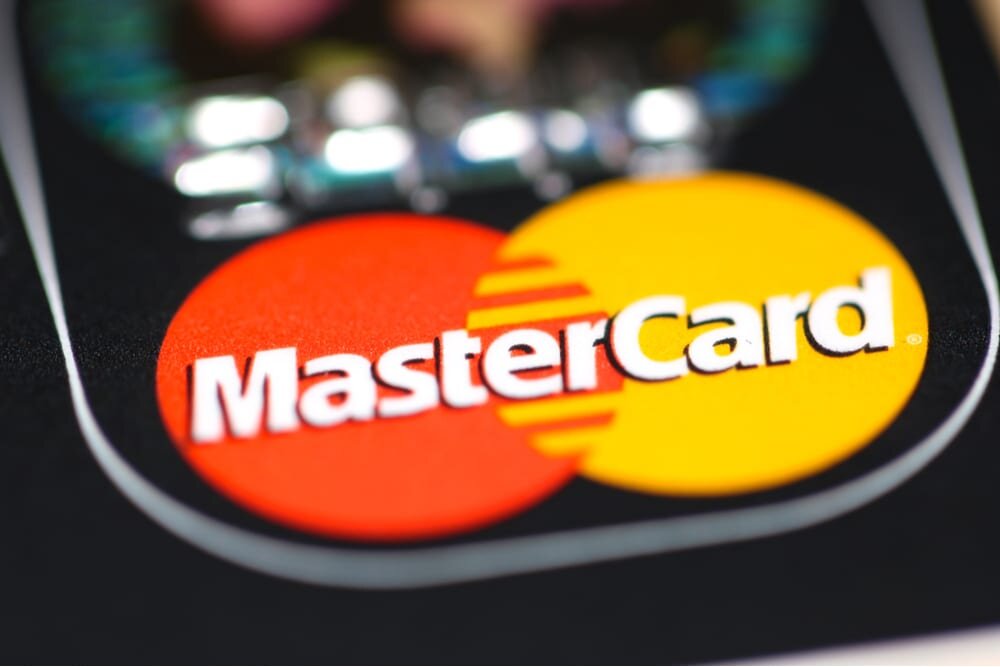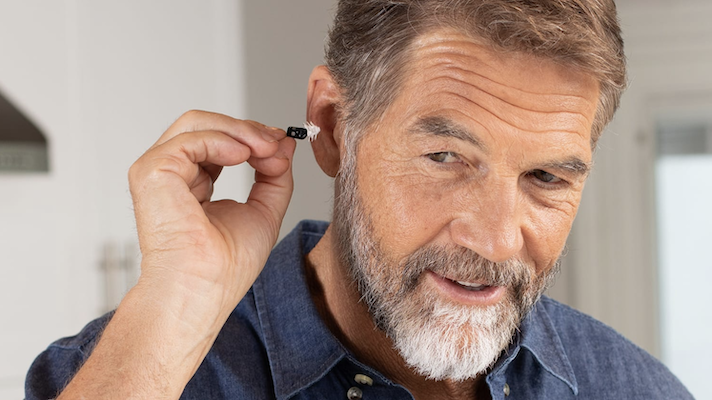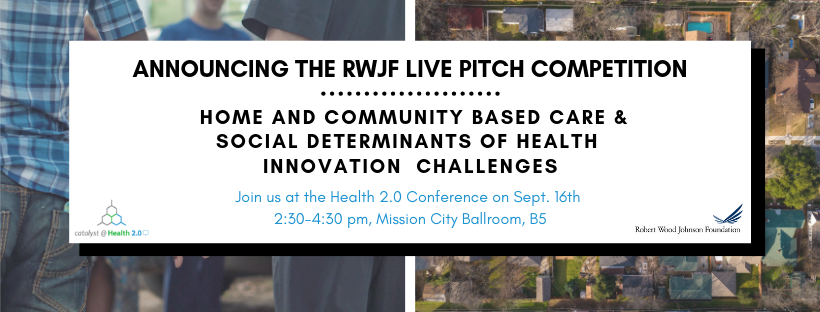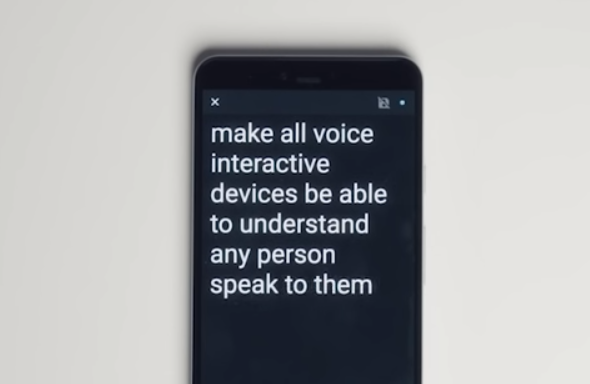Google Collected Personal Health Data for R&D
This week, it was revealed that Google has been working with Ascension, the second largest health system in the country, on a program dubbed “Project Nightingale” since early 2018. The tech giant has been collecting and analyzing Ascension patients’ personal health data across 21 states. Google and Ascension undertook the project to develop a tool that uses machine learning and AI to aggregate health data in one place, streamlining one of the main hassles of EHRs. While Google Cloud’s President Tariq Shaukat assured the public that patient data will not be combined with Google consumer data, Project Nightingale adds to growing concerns surrounding privacy and data sharing in digital health -- concerns that have prompted a federal inquiry into the project by The Office for Civil Rights in the Department of Health and Human Services.
AI May Accurately Predict Risk of Death in AFib Patients
Researchers from Geisinger Health System have found that artificial intelligence technology was able to accurately identify patients at risk of developing atrial fibrillation (AFib) and predict risk of death. The AI was trained through analysis of 30 years of electrocardiogram results and was able to identify at-risk patients more accurately than doctors interpreting test results normally. The results join a larger trend of technologies being developed to monitor heart arrhythmias such as AFib, with the hope that early intervention will lessen the risk of clotting, stroke, and heart failure for patients.
Announcing GuideWell’s 2020 Scale Up Accelerator: Aging in Place
GuideWell is proud to announce the 2020 Scale Up Accelerator: Aging in Place. With research suggesting that seniors are happier and healthier when they remain in their homes instead of assisted care facilities, GuideWell is sourcing solutions that empower seniors to maintain active and healthy lifestyles, while reducing the burden on their family members and caregivers.
10 health tech companies focused on senior care initiatives will be chosen to participate in an eight week accelerator program that will run from January 23rd, 2020 - March 9th, 2020, culminating in an invaluable Investor Matchmaking Showcase.
If you have a solution that improves the overall physical and emotional wellness of seniors across the nation, here’s why you should participate:
Access to GuideWell’s national network of experienced health/wellness experts and technology entrepreneurs as mentors
Access to health care organizations within Orlando’s Lake Nona medical city and other health care organizations as customer prospects
Curated 2-day boot camp followed by a series of virtual workshops that focus on challenges in health care industry customer acquisition, regulatory compliance and other health care specific business topics
Opportunity to present at GuideWell’s curated heath tech investor matchmaking event
Don’t miss out on this amazing opportunity! Applications close December 8th, 2019. https://guidewellinnovation.com/guidewell-scale-up-accelerator
